Cars & Bikes

Galactus, the Council of Reeds & Marvel’s Most Human Hero: The Definitive Fantastic Four Comics Guide
April 24, 2025 9 min read
Fantastic Four Marvel Comics' most prestigious superhero team Marvel's First Family practically never-changing roster heroes withstood the test of time actively thrived every era publication history iconic Reed Richards Sue Storm Johnny Storm Ben Grimm famously become Mr. Fantastic Invisible Woman Human Torch the Thing suit up take on whatever threatens life on Earth exploits are indeed fantastic
Team's first issue 1961 more than half a century's worth of storylines starring the Fantastic Four each one highlighting exactly why strong team even stronger family unit much history comes with its own set of challenges leaves modern fans feeling overwhelmed sheer amount have to read find the best ones job just got a whole lot easier these are the 5 best Fantastic Four comic stories Marvel Comics history ranked!
“This Man… This Monster” – The Human Heart in the Negative Zone

In the pages of Fantastic Four #51, something more than a superhero story unfolds. Stan Lee and Jack Kirby didn’t just write a comic—they cracked open the soul of a man who once saw his reflection as a curse. And in doing so, they also opened a door to a universe beyond understanding.
Ben Grimm walks through this issue wearing the weight of the world on his rocky shoulders, ridiculed and pitied for a form he never asked for. Then suddenly, it's stolen—his grotesque strength, his monstrous identity—by a madman who seeks to destroy Reed Richards from within. But when Ben wakes up human again, something stirs inside him. A longing. A realization. That maybe the monster wasn’t the curse. Maybe it was his armor. His purpose. His family.
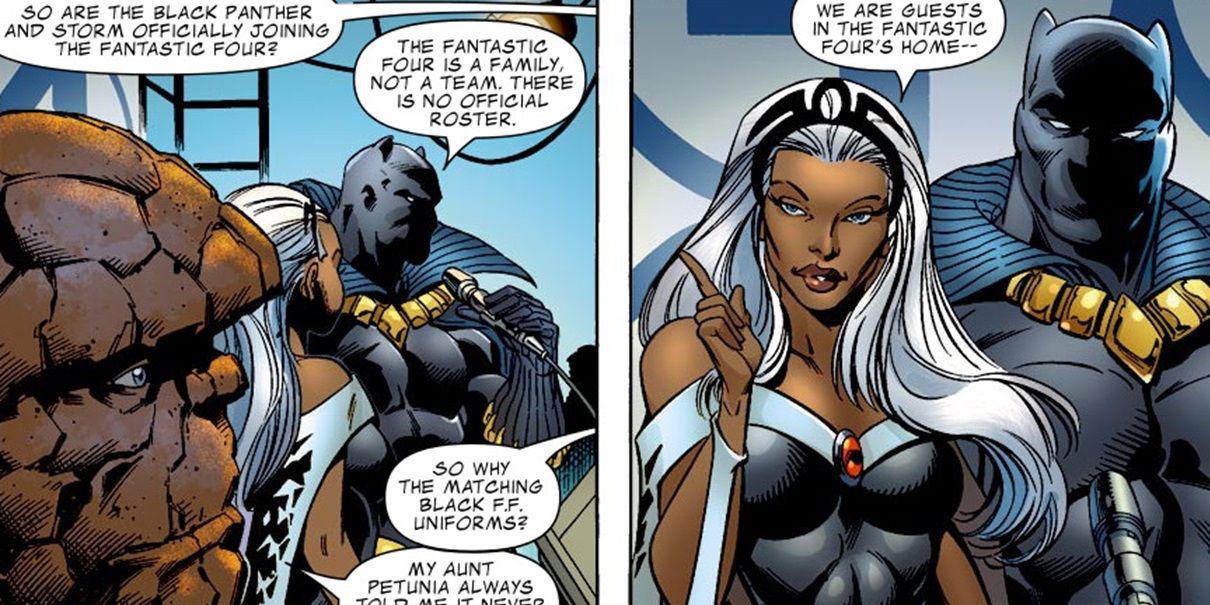
“This Man… This Monster” is often remembered as the Thing’s most iconic tale—and for good reason. It's raw. It's honest. It peers into the heartbreak of being a hero who never feels like one. But beneath that deeply human narrative, something cosmic stirs in the background.
Because while Ben wrestles with what it means to be a man, Reed Richards does what he always does—reach beyond. In this issue, for the first time ever, Reed breaks through the barriers of reality and steps into the Negative Zone. It's a place of antimatter and madness, where the laws of physics dissolve and only the brave—or the brilliant—dare tread. This moment marks the beginning of one of the Fantastic Four's deepest connections to Marvel’s multiversal web, and it begins here, quietly but profoundly.

Fantastic Four #51 isn’t just a Thing story. It’s a story of identity, of ambition, of sacrifice—and of thresholds. For Ben, it’s the line between man and monster. For Reed, it’s the boundary between worlds. And for readers, it’s a reminder that sometimes the biggest journeys begin with something small—an open door, a flicker of courage, a moment of doubt.
This issue is more than iconic. It’s myth, heart, and science fiction poetry—wrapped in orange rock and cosmic wonder.
Ryan North’s Fantastic Four: A Quiet Symphony of Superheroes and Home
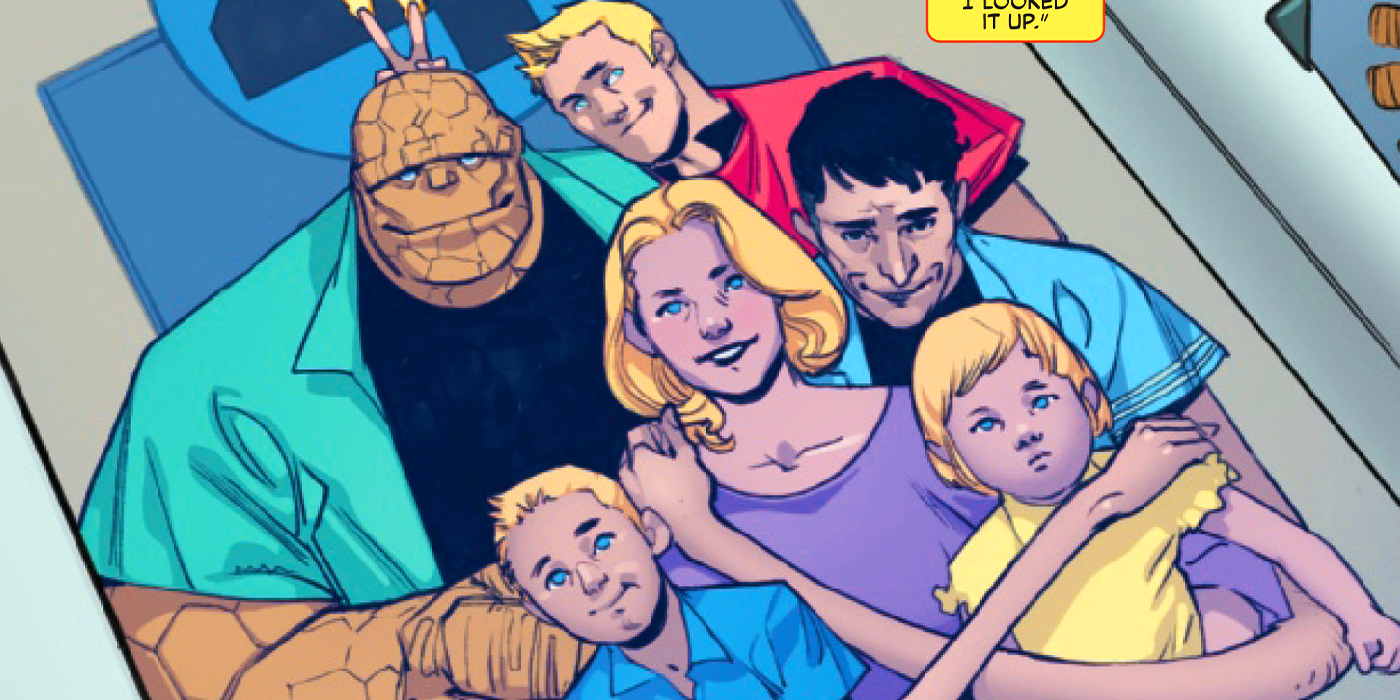
The Fantastic Four have always been more than heroes—they’ve been explorers, adventurers, scientists, survivors. But above all, they've been family. And in Fantastic Four Vol. 7, Ryan North doesn't just write that idea—he lives it. Every page of this ongoing run feels like coming home to Marvel’s beating heart.
There are no gimmicks here. No desperate cries for reinvention. What North delivers is something more subtle—and more rare: truth. The truth of how Reed and Sue orbit each other like gravity-bound stars. How Johnny’s fire masks his vulnerability. How Ben’s stony shell protects a soft, deeply loyal soul. These characters aren’t just saving the universe—they’re doing the dishes, tucking in kids, arguing about dinner plans, building time machines in the garage. They're living.
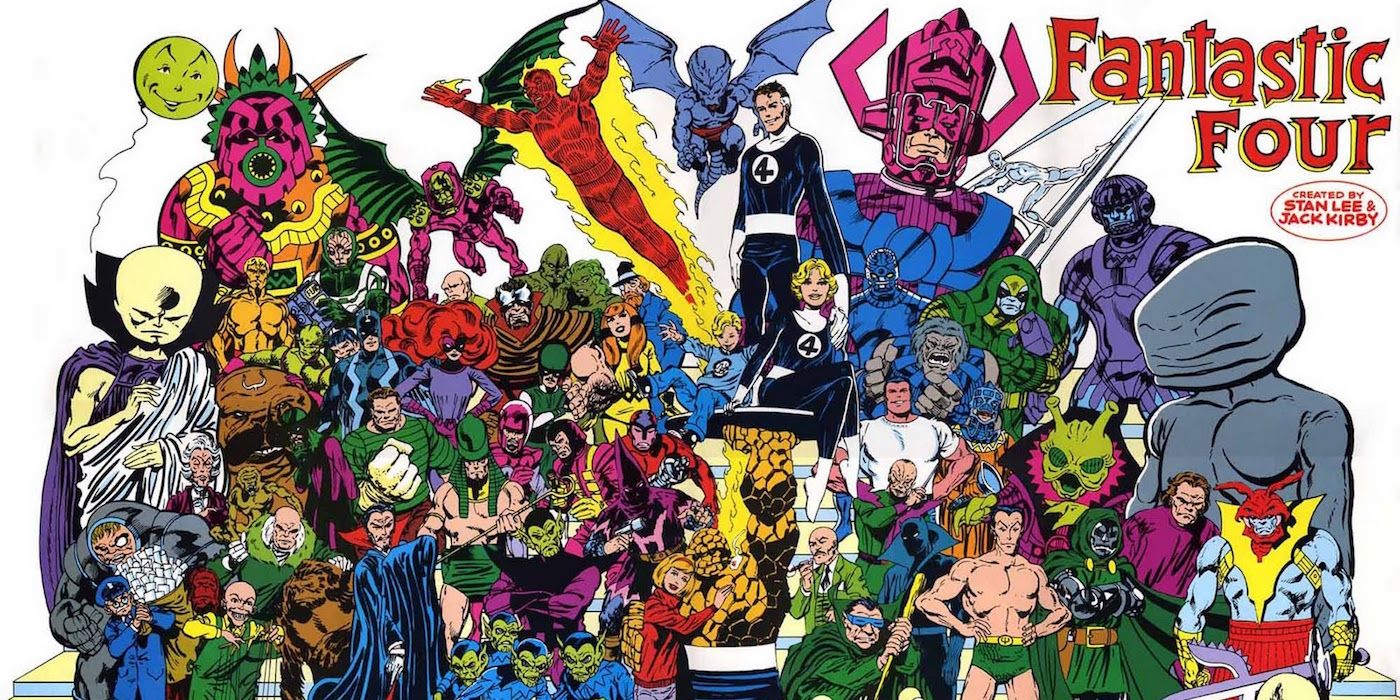
Yes, the artwork shines with each issue—every new penciler adding their own flavor to the FF’s cosmic tapestry—but it’s North’s voice that holds it all together. He gets that heroism isn’t always measured in explosions. Sometimes it’s in a quiet moment. A family road trip. A gentle joke in the face of despair. A choice to forgive.
These stories aren’t low-stakes. They’re life-stakes. Because at the center of every time loop, alien threat, or cosmic anomaly is a kitchen table, a shared look, a bond that refuses to break.
And that’s what makes this run sing.
It reminds us why we fell in love with Marvel’s First Family in the first place—not just for the grandeur of their adventures, but for the way they lean on each other through every impossible moment. North has cracked the code: the Fantastic Four aren’t superheroes who happen to be a family. They are a family who happens to be superheroes.
So if you're not reading Fantastic Four Vol. 7, you're missing something more than just a good comic. You're missing one of the most honest, heartfelt explorations of what it means to belong—in the universe, and to each other.
The Trial of Reed Richards – The Cost of Mercy in the Face of Eternity
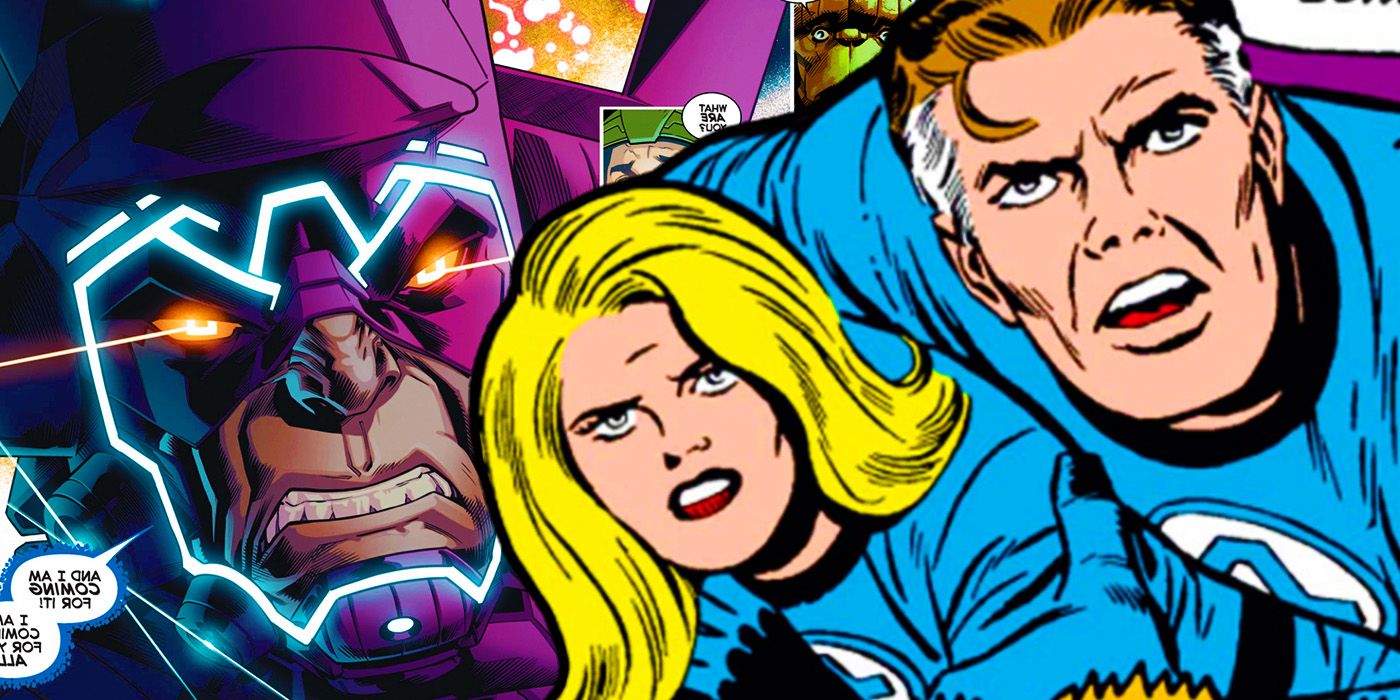
In Fantastic Four #262, John Byrne doesn’t just put Reed Richards on trial—he puts morality itself in the courtroom. This isn’t a superhero fight. This is a reckoning. A cosmic inquisition. A moment where the man known as Mr. Fantastic is forced to answer a question that echoes louder than any supervillain's threat: Was compassion the right choice, even when it cost billions of lives?
Reed saved Galactus.
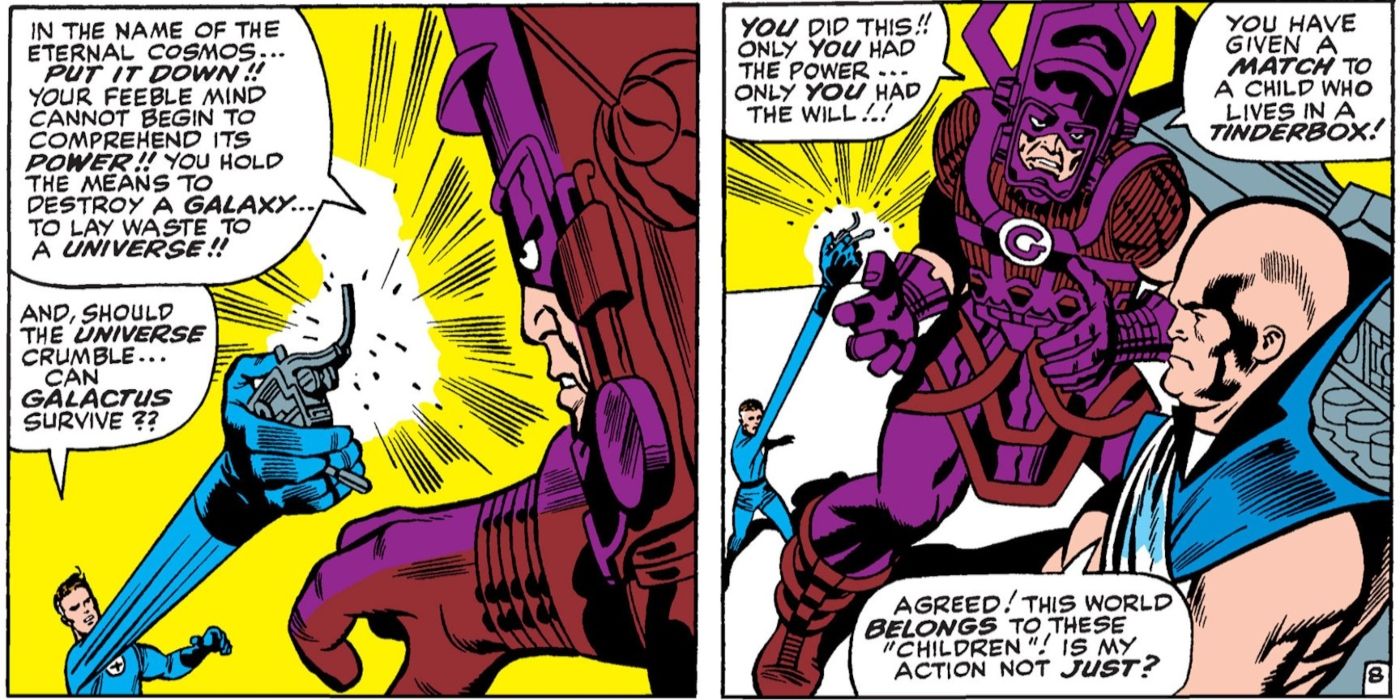
Not out of naivety. Not out of pride. But because he saw something deeper—a role, a necessity, a being that was more than destruction incarnate. He saw Galactus not as a monster to be slain, but as part of the universe's balance. And for that act of mercy, civilizations call for his blood.
The trial isn’t held in a courtroom—it’s held in the very fabric of cosmic justice. Alien races that watched their skies turn black. Refugees from worlds swallowed whole. Beings who carry loss like a second skin. They rise, one by one, to accuse Reed of letting evil live. And in that crucible of judgment, the weight of his intellect is matched only by the burden of his conscience.
Byrne crafts a story that shatters the notion of black and white heroism. For the first time, Galactus is not just a threat or a god—he is myth, necessity, entropy wearing a crown of hunger. The universe does not simply condemn or praise. It asks questions. It demands understanding.
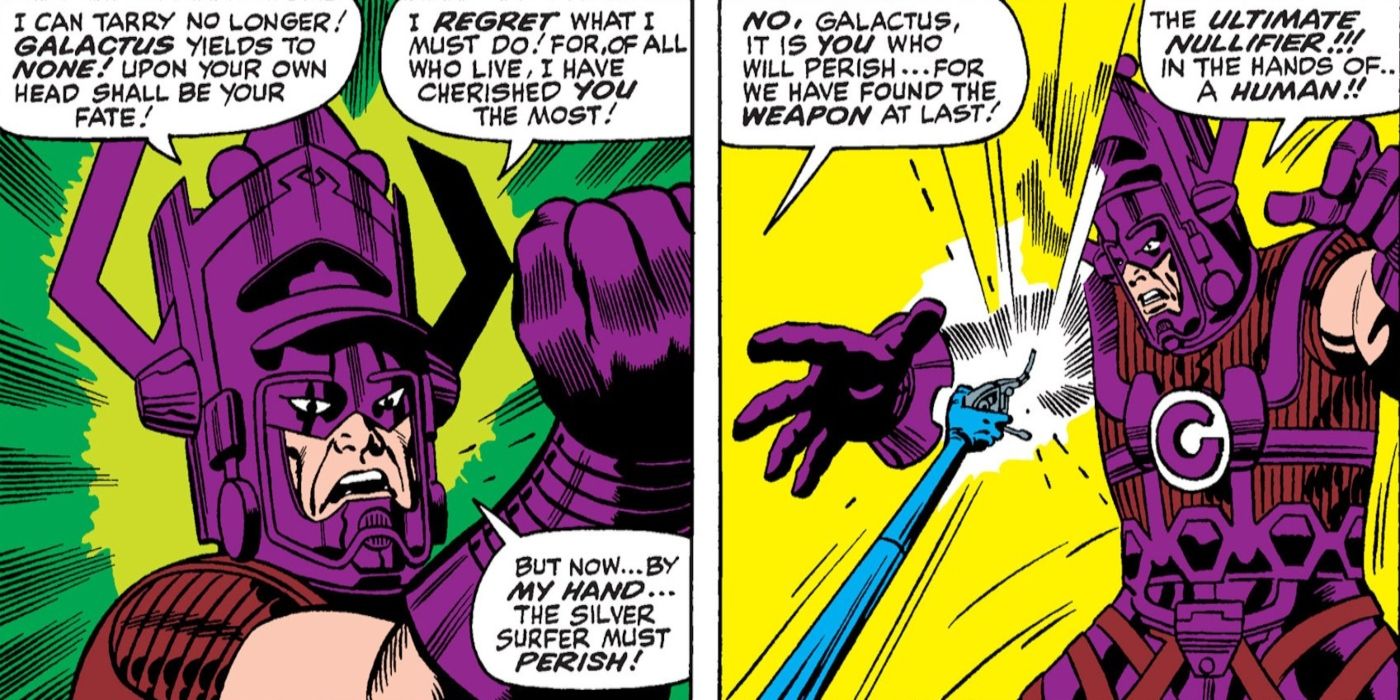
And then there’s John Byrne himself—breaking the fourth wall, stepping into the pages as a reporter chronicling the trial. It’s meta, it’s strange, and it’s brilliant. Because this isn’t just a story for characters. It’s a story for us. The readers. The witnesses. The jury.
Fantastic Four #262 isn’t about absolution. It’s about truth—complicated, uncomfortable truth. That sometimes doing the right thing means standing utterly alone, while the universe screams that you're wrong.
And Reed Richards stands anyway.
Because being Mr. Fantastic has never just meant being the smartest man in the room. It’s meant bearing the unbearable. Choosing logic over fury. Choosing life, even when it defies justice. It’s a burden. It’s a choice. It’s a trial that never really ends.
The Coming of Galactus – When the Sky Fell Silent and Marvel Found Its Myth
![]()
Fantastic Four #48-50. Three issues. Just three. But within those pages, Stan Lee and Jack Kirby didn’t just tell a story—they carved a monument into the DNA of the Marvel Universe. This wasn’t just the Fantastic Four’s most iconic saga. This was the moment Marvel dared to think bigger than Earth. Bigger than good and evil. Bigger than gods.
This was the moment the sky opened and Galactus came down.
“The Galactus Trilogy” is more than a story arc—it’s the Big Bang of Marvel cosmic. Reed, Sue, Johnny, and Ben had faced monsters before. Madmen. Moles. Skrulls. But nothing prepared them—or the readers—for this. A giant in purple armor. A god who doesn't rage or scheme. He hungers. He arrives not to conquer, but to feed. And in doing so, he places Earth—all of it—on the edge of annihilation.
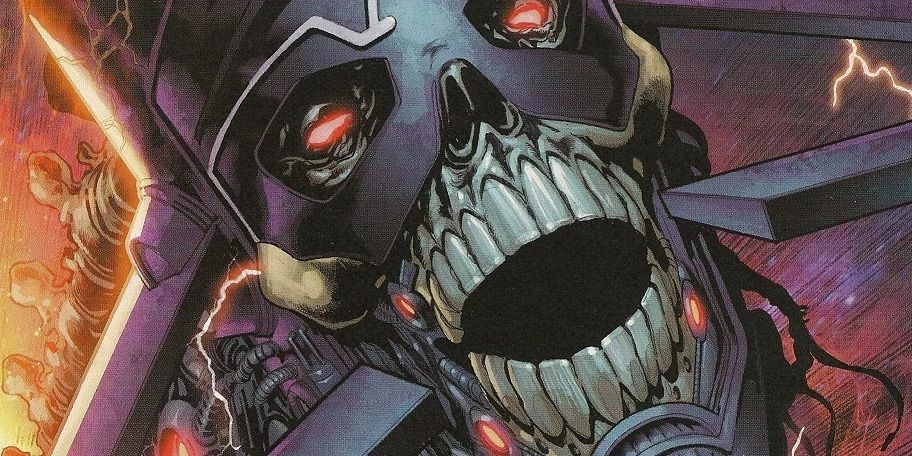
And above it all, the Silver Surfer descends first. A herald with the soul of a poet. A creature torn between loyalty and awakening conscience. He isn’t just the messenger of doom. He’s the first crack in Galactus’ armor. The first note of rebellion in a cosmic song that has always ended in silence.
Lee and Kirby didn’t just raise the stakes—they obliterated the scale. Suddenly, Earth wasn’t the center of the Marvel Universe. It was a grain of dust in the wake of a cosmic tide. And the Fantastic Four weren’t just adventurers. They were humanity’s last hope against a hunger that had swallowed galaxies.
This trilogy shattered the idea of what superhero comics could be. The dialogue is biblical. The art is apocalyptic. Jack Kirby draws Galactus like he’s etching prophecy. Panels that feel like thunder. Poses that feel like prayers. And through it all, Reed Richards stands trembling but defiant. Not with fists, but with reason. Not with power, but with hope.
There’s a reason this story resonates across decades. A reason it spiraled out of the FF’s mythos and into Thor, into cosmic sagas, into the deepest veins of Marvel continuity. Because Galactus isn’t just a villain. He’s existence. He’s the question without an answer. The storm that cannot be stopped—but maybe, just maybe, can be understood.
If you've never read “The Galactus Trilogy,” you haven’t met the Marvel Universe. Not truly. This is the heartbeat. The fire. The myth. The moment when Marvel stopped being street-level and reached for the stars—and found something ancient looking back.
"Solve Everything" – When Mr. Fantastic Faces the One Problem Science Can’t Fix
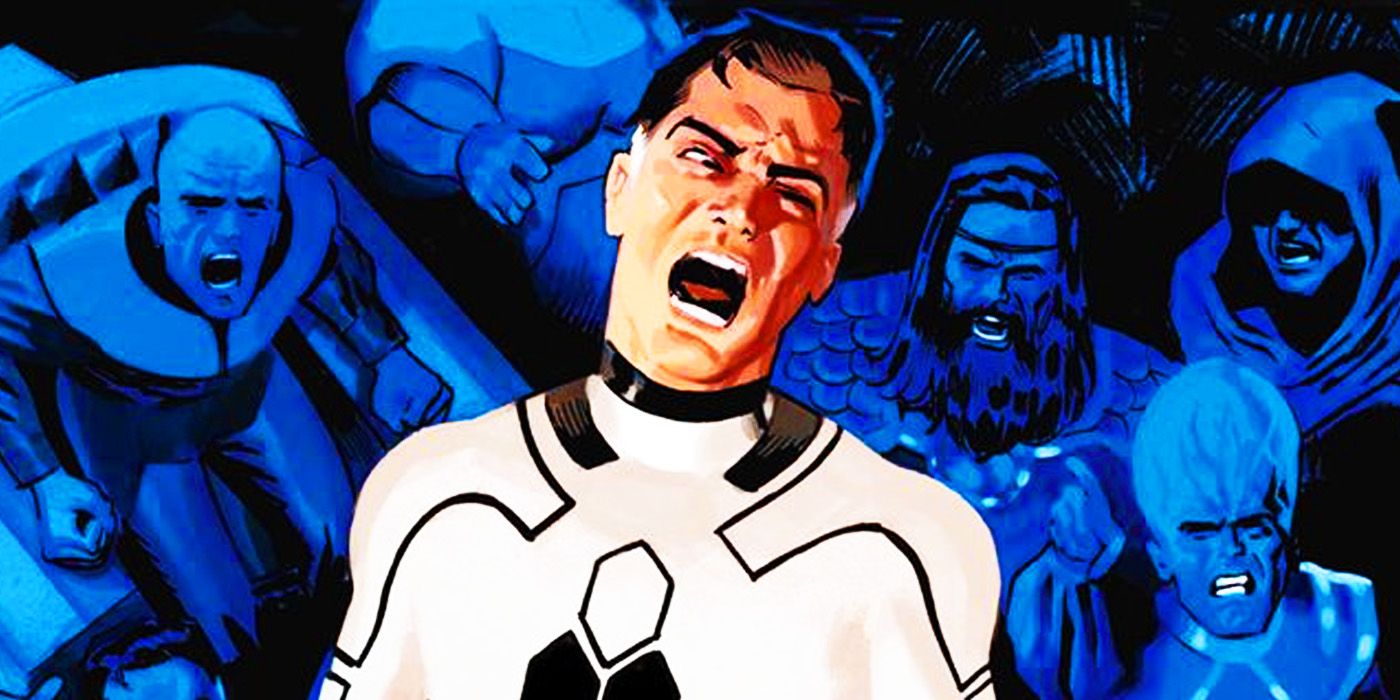
In Fantastic Four #570-572, Jonathan Hickman and Dale Eaglesham didn’t just raise the bar—they tore it down and rewrote the formula. “Solve Everything” isn’t just a high-concept sci-fi saga. It’s the thesis statement of who Reed Richards is… and who he chooses to be.
The story begins like a dream, especially if you speak the language of quantum mechanics and multiversal theory. Reed Richards, Earth-616’s tireless idealist, unlocks an interdimensional gateway and finds himself among himself—a Council of Reeds from across the multiverse. All brilliant. All fearless. All determined to solve everything. Disease. War. Hunger. Entropy. Galactus. There’s even a Reed who wields an Infinity Gauntlet like it’s a wrench. Another who holds dominion over Mad Celestials. These aren’t just variations of a man. They’re possibilities made manifest.
And for a moment, Reed 616 sees it—the answer. The life where nothing is broken. No mistakes. No loss. No compromises.
But then Hickman does what Hickman does best. He cracks open the mind and reveals the heart inside.
Because this story doesn’t end in triumph. It ends in choice. Reed stands at the edge of omniscience, and instead of stepping forward, he steps back. He chooses Susan. Franklin. Valeria. Ben. Johnny. He chooses family. The only thing in all the universes that cannot be duplicated.
And in that choice, “Solve Everything” becomes something far more powerful than a sci-fi spectacle. It becomes a love letter—to the Fantastic Four, to the burden of genius, to the truth that not every problem needs a solution. Some just need presence. Some need love.
Hickman understood that Reed Richards isn’t just a mind. He’s a man who could have been a god—and chose to be a father instead.
This arc elevates everything the Fantastic Four are built on. The wild imagination. The cosmic wonder. The intellectual ambition. But more than that, it reminds us that the greatest heroic act is not saving the multiverse—it’s sitting down at the dinner table when your daughter needs you.
That’s why “Solve Everything” isn’t just the best Fantastic Four story—it’s one of the most human stories in all of Marvel. Because in a Council of infinite minds, the smartest man in the room is the one who remembers what matters most.
In the infinite spirals of time and space, amidst cosmic judges, mad scientists, devourers of worlds, and multiversal reflections, one truth endures: the Fantastic Four are more than a superhero team—they are family.
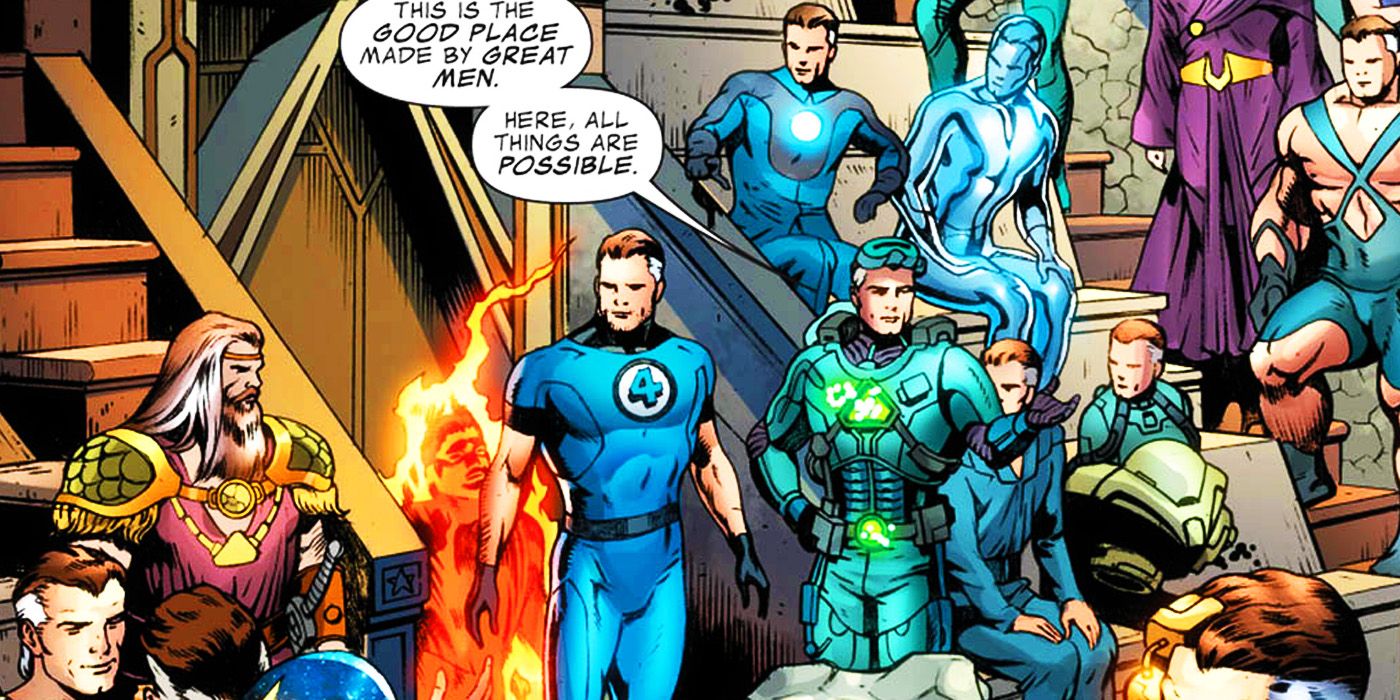
Whether Reed Richards is standing trial for saving the universe’s greatest threat, defying the promise of omniscience to hold his daughter’s hand, or staring down eternity with nothing but his conscience and conviction, every story echoes the same refrain: science may illuminate the stars, but love lights the way.
From the shadow of Galactus to the walls of the Negative Zone, from the high-concept wonders of the Council of Reeds to the intimate warmth of Ryan North’s ongoing run, these tales remind us why the Fantastic Four remain the beating heart of Marvel Comics. Not because they’re the strongest or the most powerful—but because they never stop choosing each other.
So read them. Feel them. Let the panels stretch your imagination and the characters ground your soul. Because the Fantastic Four don’t just solve everything. They show us what’s worth solving for.
And that? That’s fantastic.
Subscribe
Sign up to get the latest on sales, new releases and more …
